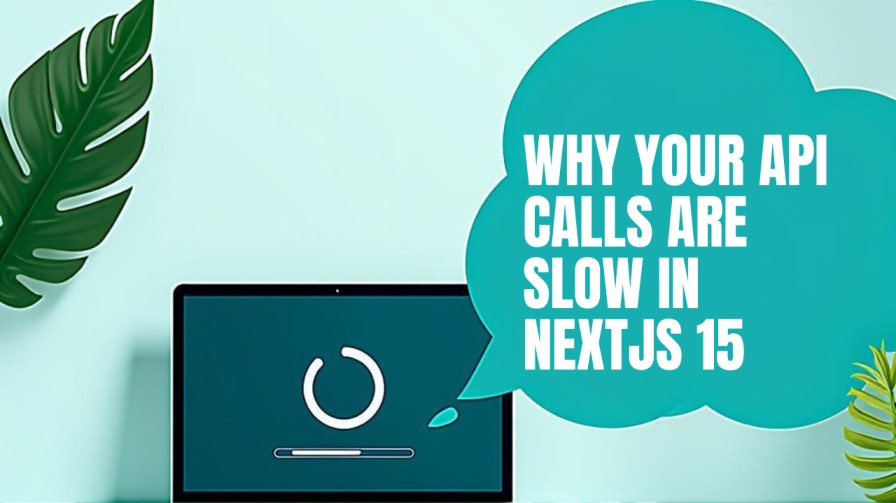10 App Ideas Worth Building in 2025

If you're planning to build something useful in 2025, this list might actually help. I’m not talking about the next flashy AI clone or another boring to-do list app. These are ideas that solve real problems, still have space to grow, and can be built without a huge team. I thought about what people actually need, what I'd personally use, and what I haven’t seen done a hundred times already.
Here are 10 app ideas I genuinely think are worth building.
1. AI Agent Store
There are tons of AI tools out there, but most of them try to do too much. I like the idea of small AI agents that just do one job really well. Things like booking flights, finding freelance gigs, summarizing PDFs, or keeping track of deadlines.
People could browse and install these little bots just like apps. Simple and focused.
You could earn by selling premium bots, offering custom ones for specific use cases, or taking a small cut from paid downloads.
2. AR Routine Buddy
Most of us try to stay healthy, but let's be honest—we often guess our way through it. This app would use your phone's camera and AR to guide you during basic routines like stretching, yoga, brushing your teeth properly, or fixing your posture.
It gives real-time feedback so you know you’re doing it right. Especially helpful for kids, beginners, or anyone who doesn’t want to watch long tutorial videos.
Free version could include basic routines, while paid lessons or brand partnerships could bring in revenue.
3. Crowdsourced Fact Checker
Fake news spreads fast, and official fact-checkers can’t catch everything. I think it would be cool to have an app where regular people—locals, teachers, students, or actual journalists—can work together to verify viral claims.
Kind of like Reddit but with more focus on facts than opinions.
The app could make money through donations, ethical ads, or by offering it to schools or media outlets.
4. Mini Learning Circles
We don’t always have time for full courses, but we still want to learn new things. This app would let people join short, focused learning sessions. You choose a topic, join a small group, and learn together for 30 to 60 minutes.
It could be run by a real person or even AI. The goal is fast, casual learning without pressure.
You could charge per session or offer a monthly subscription for unlimited access.
5. Mood-Aware Work Tools
Sometimes a team chat just feels off. Maybe someone’s annoyed, maybe it’s not the right time to share feedback. This app would read the overall mood of team conversations and suggest better timing for meetings, discussions, or even just a simple “good job.”
It helps avoid unnecessary tension in remote teams.
You could charge per user with a monthly plan and offer integrations with tools like Slack or Notion.
6. Touchless Smart Control
Smart homes still need you to tap something or talk to a voice assistant. This idea is more passive. It watches and learns your habits—when you turn lights on, what temperature you like, which music you play—and just adjusts everything on its own.
Great for accessibility too.
It could work on a subscription model or be bundled with smart devices.
7. AI Prompt Safety Checker
If you’ve built anything with AI, you know how risky prompts can be. Sometimes they trigger biased or harmful responses without you realizing it. This tool would check prompts before you send them, and warn you if they might cross ethical or legal lines.
Super helpful for devs working with large models or public AI tools.
You can charge for API access, offer paid audits, or sell premium prompt templates.
8. Offline Skill Barter App
Money isn’t the only way to exchange value. This app would help people trade skills directly—like doing someone’s laundry in exchange for help with homework, or walking a dog in return for a cooking lesson.
It works best within local communities or campuses.
A small fee per trade or an optional token system could keep it running. You could also include local sponsorships or ads.
9. Local Supply Chain Tracker
Most small business owners don’t really know where their supplies are coming from or how to plan for delays. This app would show them exactly where things are stuck, help them predict shortages, and even recommend better local vendors.
A smart way to cut down on waste and delays without needing expensive software.
This one can run on a SaaS model with optional white-labeled versions for agencies or consultants.
10. Digital Afterlife Manager
Nobody likes thinking about this, but it matters. We all have digital accounts, passwords, files, and stuff online. This app helps you plan what happens to all of it when you’re gone.
You can leave behind messages, decide who gets access to what, and set everything up once so your family isn’t left guessing.
You could charge one-time lifetime fees or subscriptions, and even partner with legal or insurance services.
Final thoughts
All of these ideas are simple at their core. They solve real problems and don’t need a massive team or funding to get started. If one of these clicked with you, start small. Build a rough version, show it to a few people, and improve from there. That’s how good ideas grow into great products.
No need to chase hype. Just build something useful, and people will come.
Let me know if you want to break down any of these into actual MVP steps or tech stack ideas. I’ve got thoughts on that too.



